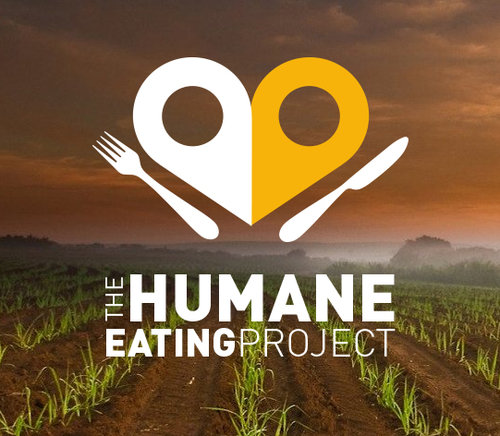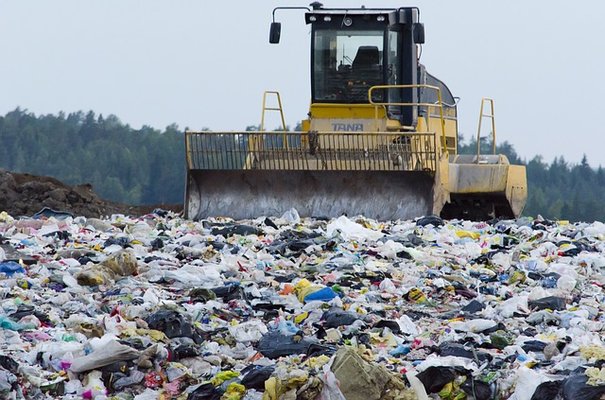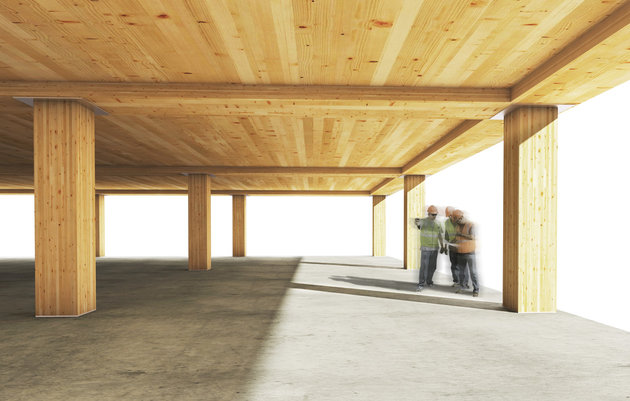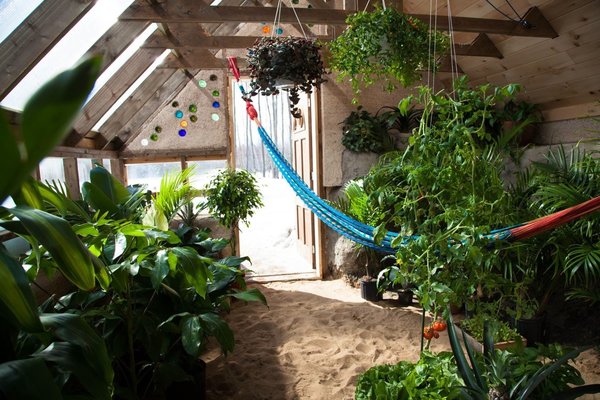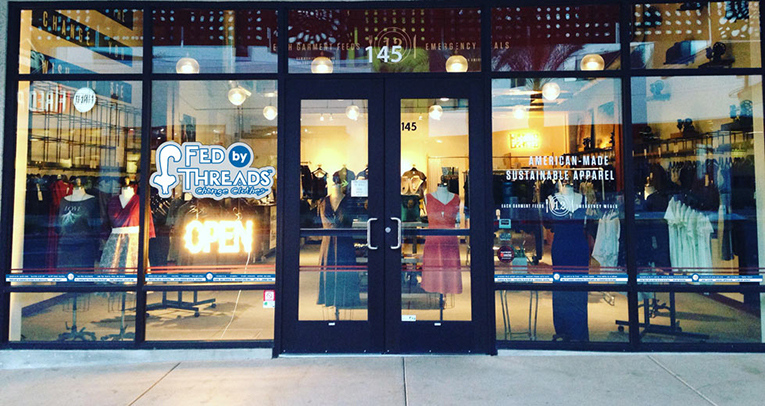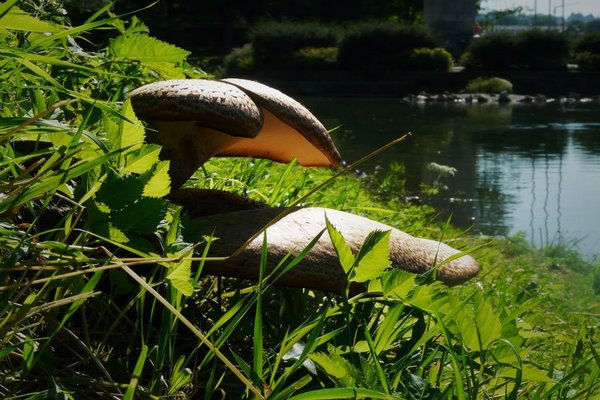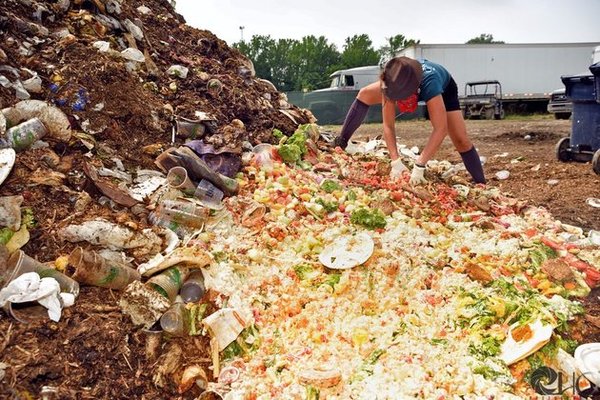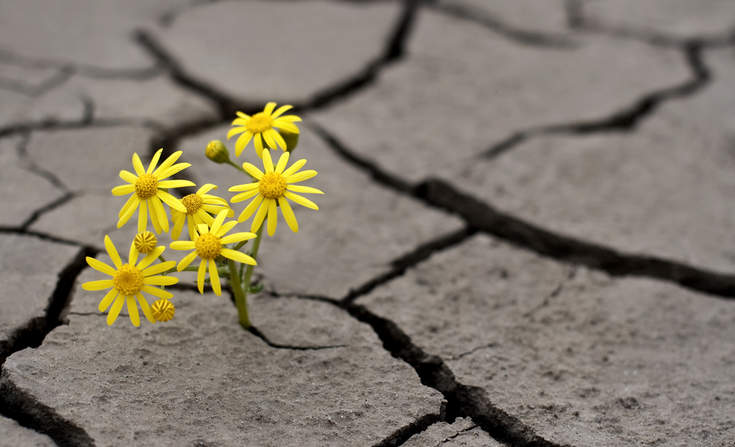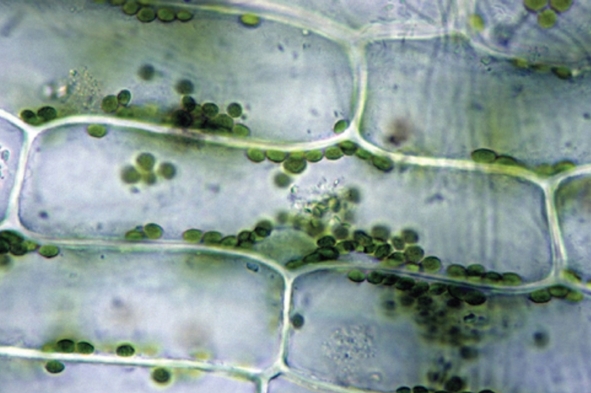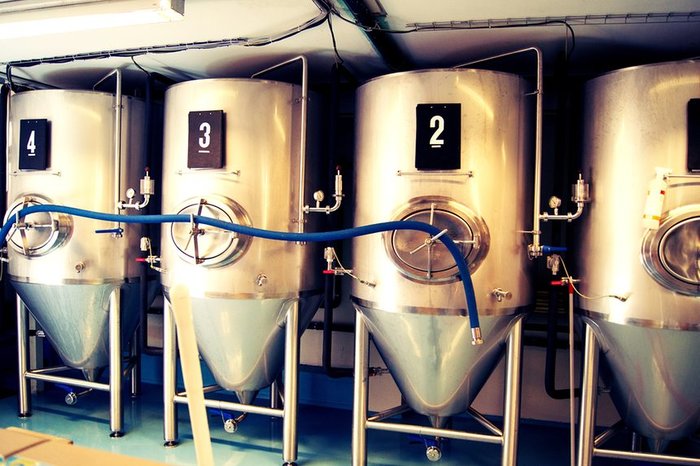How can we make informed eating choices when dining out at restaurants? There is a mobile app called The Humane Eating Project that can help consumers know whether or not a restaurant is serving ethically raised and eco-friendly, animal products. Produced by the non-profit animal welfare charity America For Animals, the app helps you to locate humane dining options in your locality – a nearby restaurant selling humanely-raised meat dishes, for example, or an eatery where meals are made using free range eggs.
Continue reading... →Today, there are nearly 2,000 active landfills across the country and hundreds more are at capacity, a stark reminder of just how massive our waste problem has become. One thing we have to remember when looking at this is that trash, and landfills, are a human invention. Waste does not exist in nature, in any form. Everything that is produced in a healthy ecosystem is consumed or decomposed by another organism, or the sun. That is because, in a natural system, everything has value to something. We need to return to how things were in nature, where waste does not exist, by creating a circular economy and committing to zero-waste systems.
Continue reading... →For years, architects have flirted with the idea of tall buildings made from mass timber, an engineered wood product that some argue is more sustainable than resource-intensive, nonrenewable steel. Now architecture firm, SOM, is working with Oregon State University to develop and test new mass-timber structural systems, hoping that the research will help mainstream what’s currently an alternative and novel construction methodology. Early findings from the this research, show that reinforced wood framing can be just as robust as conventional building techniques, which is the latest step toward making mass timber more commonplace in the U.S.
Continue reading... →With drought, economic instability, erratic weather and interruptions in transportation a very real threat, it really doesn’t take much to have the food supply disrupted. As the famous proverb says: “Necessity is the mother of invention.” Taking this proverb and running with it, a team of innovators from Quebec, Canada have developed an eco-friendly and exceptionally cost-effective solution to our food woes — The Greenhouse of the Future. Combining the principles of Earthships, aquaponics and passive solar greenhouses, Gendron — along with friends, Christian Désilets and Curt Close — designed and built a radically different food growing system. Not wholly surprising, they christened it The Greenhouse of the Future.
Continue reading... →Three small green businesses offering ethical apparel in New York,Arizona and Wisconsin, were announced as the winners of Green America’s “People & Planet Award.” The winners of the $5,000 prizes are: Themis and Thread of Hector, NY; Fed By Threads of Tucson, AZ; and Fair Indigo of Madison, WI. The winners were selected by the public during a month-long online voting period. The Award recognizes innovative U.S. small businesses that integrate environmental and social considerations into their strategies and operations.
Continue reading... →On an expedition to the Ecuadorian rainforest, Yale students discovered a new type of fungus which may speed up the decomposition process of discarded plastics in landfills. Currently, Americans discard about 33.6 million tons of plastic each year. Only 6.5 percent of it is recycled and 7.7 percent is combusted in waste-to-energy facilities, which create electricity or heat from garbage. In result, there is a massive amount of non-biodegradable materials being tossed into landfills with a wait of about 1,000 years or so before they decompose. What’s worse, many of these materials may leak pollutants into the soil and water. The fungus is the first one that is known to survive on polyurethane alone, and it can do so in an anaerobic (oxygen-free) environment, suggesting it could be used at the bottom of landfills.
Continue reading... →People go to music festivals for a lot of reasons: to see their favorite bands, to burnish their Instagram feed, to sweatily camp out under the stars. But a group of volunteers came to the recent Bonnaroo Music and Arts Festival in Tennessee for a fairly unique reason: to save uneaten food from being thrown out and sent to landfills. A group of 300 volunteers managed by Clean Vibes, a waste management company that works with dozens of music festivals to make them more environmentally friendly, spent the four days of the June festival helping to compost 230,000 pounds of food that was left over from caterers or that vendors were unable to sell. The volunteers received free tickets in exchange for their work.
Continue reading... →The Paris Agreement adopted at COP21 last year placed unprecedented importance on climate adaptation and resilience. Five emerging trends have been identified from learning how countries, cities, researchers and others are putting adaptation priorities into practice.
Continue reading... →A group of scientists joined forces to craft a kind of living battery, which they call a bionic leaf for its melding of biology and technology. The device uses solar electricity from a photovoltaic panel to power the chemistry that splits water into oxygen and hydrogen. This bionic leaf converts CO2 in the air into alcohol that can be burned as fuel.
Continue reading... →A group of Dutch entrepreneurs has used their country’s wet weather as a business opportunity by creating a rainwater bitter. At the De Prael brewery in Amsterdam early on Friday evening, bitter lovers turned up for a free tasting of Hemelswater: code blond, a 5.7% beer made from ultra-filtered rain, organic malted barley and wheat, hops and yeast. With climate change linked to increased rainfall in the Netherlands – just as in the UK – they might as well use it as a business opportunity.
Continue reading... →